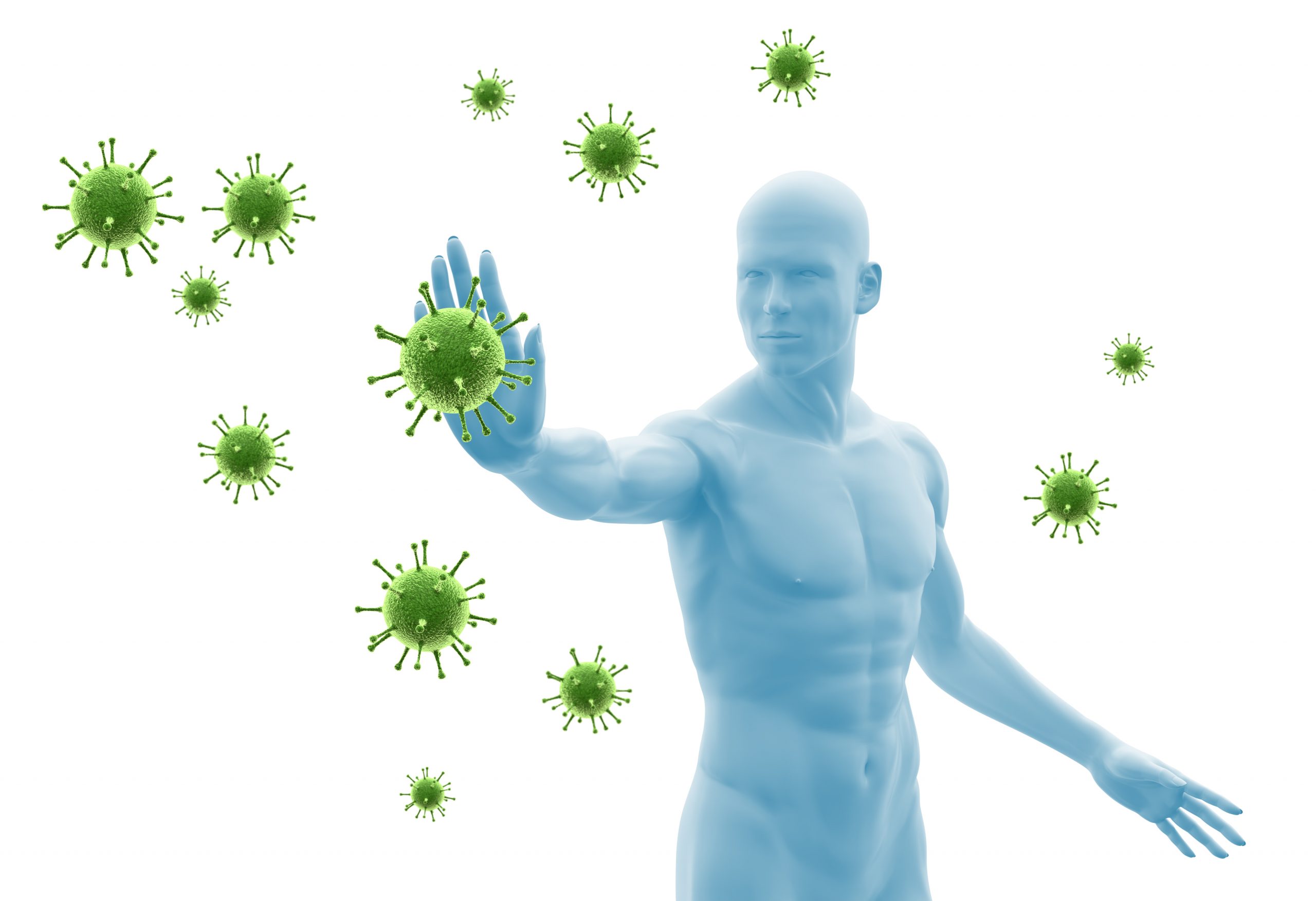You and your family can take steps right now and become ‘Least Vulnerable People’ when it comes to viruses and overall health. Here are 15 things you can stop doing and start doing that will make a difference.
Becoming A ‘Least Vulnerable Person’
There is growing concern about COVID-19, the flu, and other infectious diseases affecting the most vulnerable people. Who are these most vulnerable people and what choices can you make for yourself and your family to become a Least Vulnerable Person? Fortunately, most of these answers and action steps are under your control!
Who Are The Most Vulnerable People
Seniors
Elderly people are the most at-risk population for infection and serious complications due to COVID-19 or any other virus. The reason is not just because of their age. In fact, there was a recent report of a 102-year-old woman who recovered from the COVID-19 virus. What makes them most vulnerable is that many of them are living lifestyles that include all of the additional factors listed below.
Underlying Health Conditions
People with underlying health conditions such as heart disease, cancer, diabetes, and other conditions, are more vulnerable as well. Their immune systems are already stressed and challenged, which makes them less able to ward off other types of infections.
PolyPharmacy
Polypharmacy is a term used for people who take multiple medications. This can alter blood and brain chemistry causing immunosuppression, hindering the body’s innate ability to fight infections.
Marlo Sollitto, author of Polypharmacy in the Elderly, states that “Being on too many medications can lead to potentially dangerous drug interactions and exposure to many side effects at once. Keep in mind that this applies not to just prescriptions, but also over-the-counter medications… The average adult takes four or more prescription drugs each day.”
Obesity
According to the National Institute of Health, obesity, and overweight together are the second leading cause of preventable death in the US, close behind tobacco usage. An estimated 300,000 deaths per year are due to the obesity epidemic.
Poor Posture
Chiropractors have been labeled Essential Service Providers by the US Department of Homeland Security, which is why we are open, taking the proper precautions, and serving our community.
Poor posture can make you more vulnerable by increasing stress, reducing lung capacity, straining muscles, causing fatigue and contributing to many other factors that affect your immune system. A recent Harvard study showed that people who sat with good posture showed a 25% decrease in Cortisol, the stress hormone.
Sedentary
On average, Americans sit for about 11 hours per day. Sedentary lifestyles are a contributing factor to every lifestyle disease and a risk factor including cardiovascular disease.
Dr. Erin Michos, the associate director of preventive cardiology at the Johns Hopkins Ciccarone Center for the Prevention of Cardiovascular Disease explains “A large review of studies published in 2015 in the Annals of Internal Medicine found that even after adjusting for physical activity, sitting for long periods was associated with worse health outcomes including heart disease, Type 2 diabetes, and cancer. Sedentary behavior can also increase your risk of dying, either from heart disease or other medical problems.”
Smokers
Smoking is known to compromise the immune system. This increases the risk for many immune and autoimmune disorders, conditions that occur when the immune system mistakenly attacks the body’s healthy cells and tissues.
Becoming a ‘Least Vulnerable Person’
Here are some important lifestyle changes you can make to help you and your loved ones become ‘Less Vulnerable People’.
[Watch “Becoming a ‘Least Vulnerable Person'” Now]
Positive Psychology
Positive psychology can improve your health and immune system function. According to Johns Hopkins expert, Lisa Yanek, people with a family history of heart disease who had a positive outlook were one-third less likely to have a heart attack or cardiovascular event within 5-25 years compared to those with a negative outlook.
Another study published in the Journal of Personality and Social Psychology compared optimistic vs. pessimistic first-year law students regarding their performance in the upcoming school year. The study showed better functioning immune cells in the optimistic students versus the pessimistic students.
Physical Activity
Physical activity and movement is a keystone in maintaining optimal health. A study published in the Journal of Sport and Health Science illustrated the following:
- Acute exercise is an immune system adjuvant
- A clear inverse relationship was found between moderate exercise training and illness risk
- Habitual exercise improves immune regulation, delaying the onset of age-related dysfunction
Reduce Stress and Get Plenty of Sleep
Stress is not an outside thing, it’s an inside thing. You have the opportunity to choose how you react to any situation. It is true that chronic stress reduces the capabilities of your immune system and makes you more vulnerable to disease.
Quality sleep is important. Minimize your stress so that you sleep well. This will certainly make you reduce your vulnerability.
Improve the Function of Your Nervous System
Your nervous system is your body’s main communication highway, relaying nerve signals to every single, cell, tissue, and organ in the entire body, allowing the body to perform all vital functions in order to sustain life. It is ESSENTIAL to maintain the integrity of this communication highway in order to live a healthy lifestyle. More importantly, the nervous system supplies communication to the thymus, spleen, adrenal glands, and lymph glands, all of which play pivotal roles in the function of your immune system.
Chiropractic care improves posture which can improve the health of your nervous system. In addition, correcting spinal imbalances can influence basic physiological processes affecting oxidative stress and DNA repair. Reducing oxidative stress is an important factor in immune function.
In a study by Ronald Pero Ph.D, subjects under chiropractic care demonstrated higher mean serum thiol levels than patients with active disease and produced some values that were higher than normal wellness values.
Social Interaction
Community equals immunity. The NCBI states that social relationships—both quantity and quality—affect mental health, health behavior, physical health, and mortality risk. Social isolation of otherwise healthy, well-functioning individuals eventually results in psychological and physical disintegration, and even death.
Good nutrition
Make good nutrition your new lifestyle by choosing “QCs over ECs”—quality calories over empty calories—every time you’re faced with a food choice. A proper nutritional regimen consisting of lean proteins, organic green leafy vegetables, whole grains, healthy sources of monounsaturated fats such as avocados, nuts, and seeds are important to help provide your body what it needs to be healthy and strong.
- Choose Quality Calories over Empty Calories
- Supplement Your Diet
- Avoid Processed Foods
- Avoid Canned Foods
- Avoid White Rice, Sugar, Flour and Pasta
- Avoid Regular and Diet Soda
- Minimize Caffeine and Alcohol
Technology
Limiting technology use can improve your health dramatically. Diagnoses of ADHD, autism, coordination disorder, developmental delays, unintelligible speech, learning difficulties, sensory processing disorder, anxiety, depression, and sleep disorders are associated with technology overuse, and are increasing at an alarming rate.
Raise a Least Vulnerable Family
Apply these principles to raising your family and everyone you love will be healthier for it, becoming less vulnerable to infections and experiencing better health now and for a lifetime.





